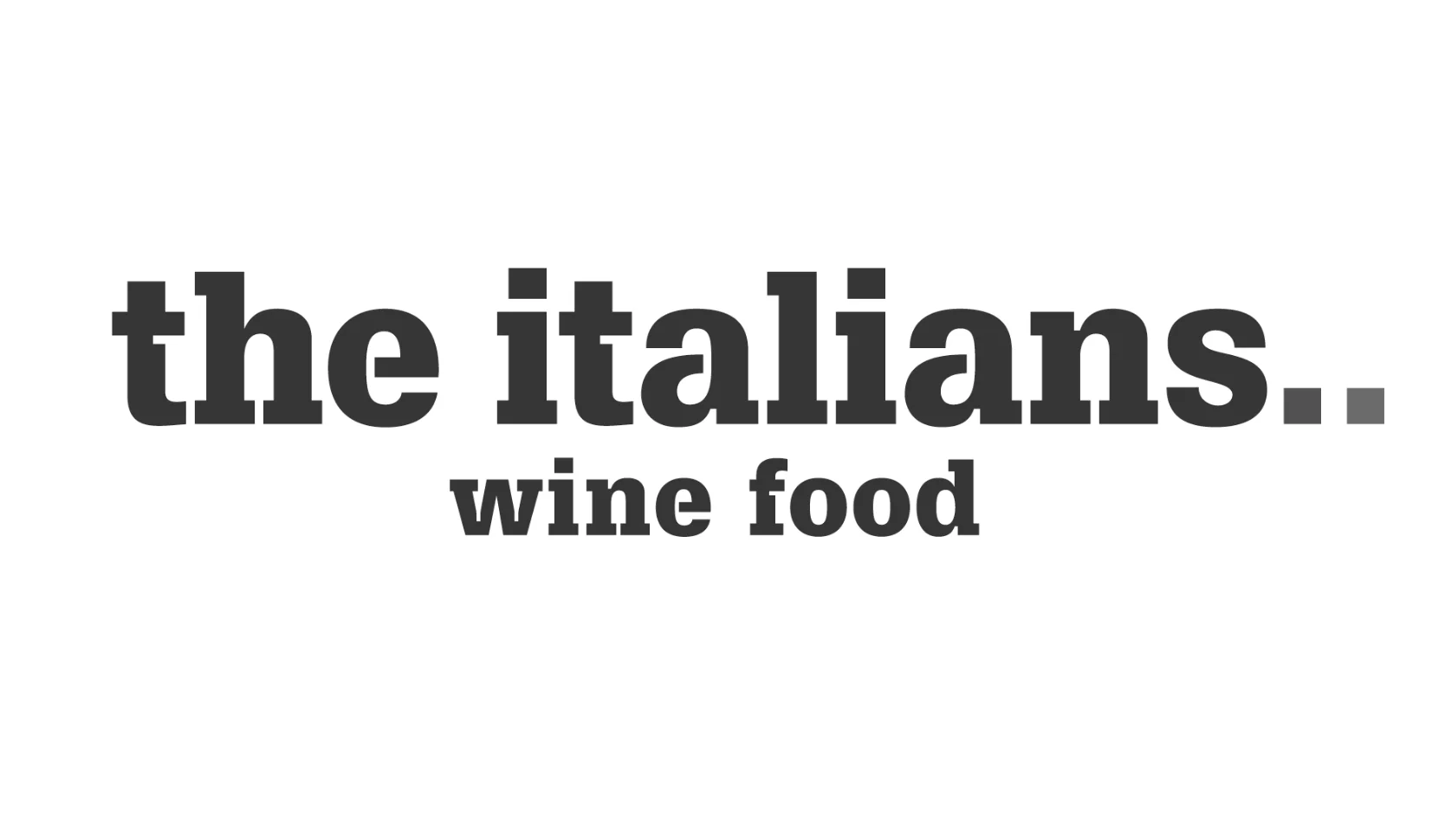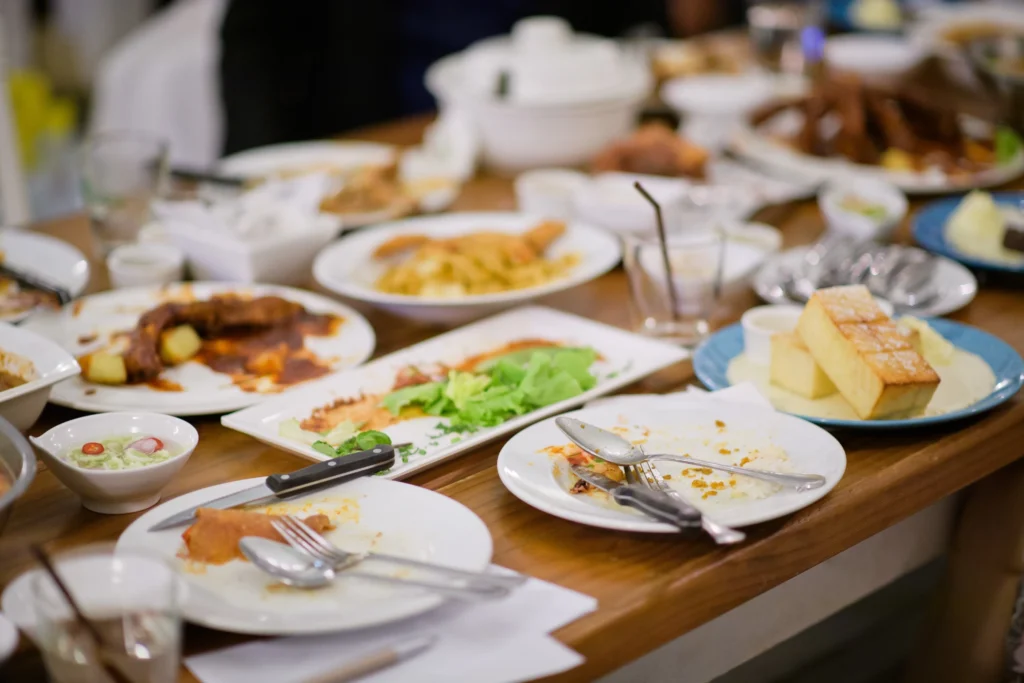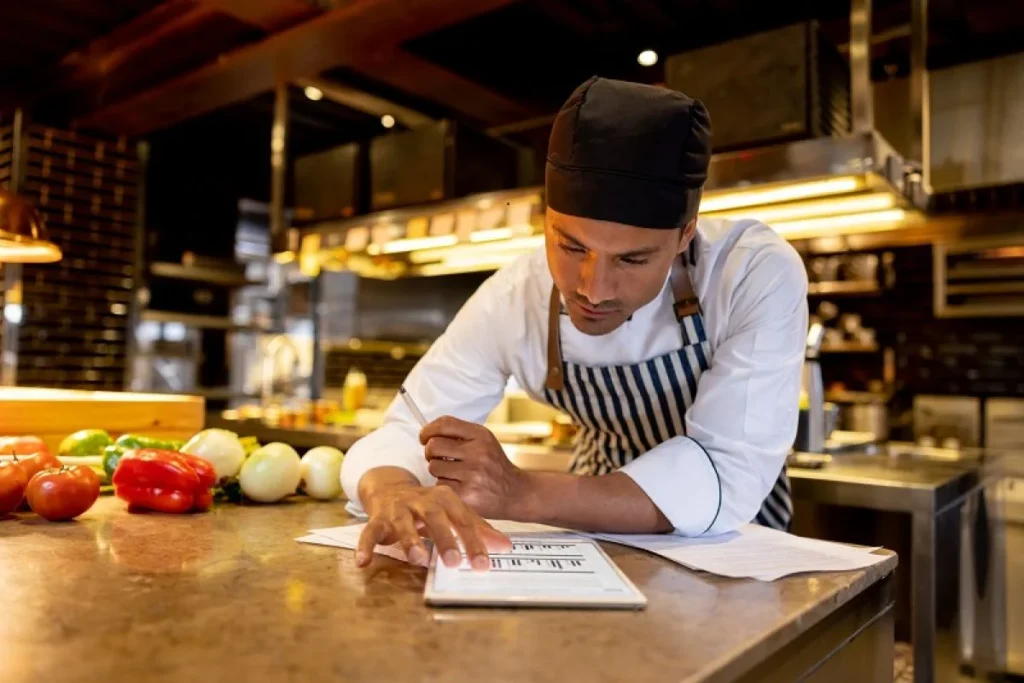- Food & Beverage Trends
- July 14, 2023
Sustainable solutions: Essential tips for reducing food waste in your restaurant
Here’s a few restaurants using Tableo






Previous
Next





Call us
Malta: +356 2033 0096
UK: +44 845 154 3698
Spain: +34 647 823 461
Italy: +39 (800) 142820
Czech: +420 777 895 050
Lithuania: +370 (6) 4721122
About us
Call us
Connect with us
About us
Discover


